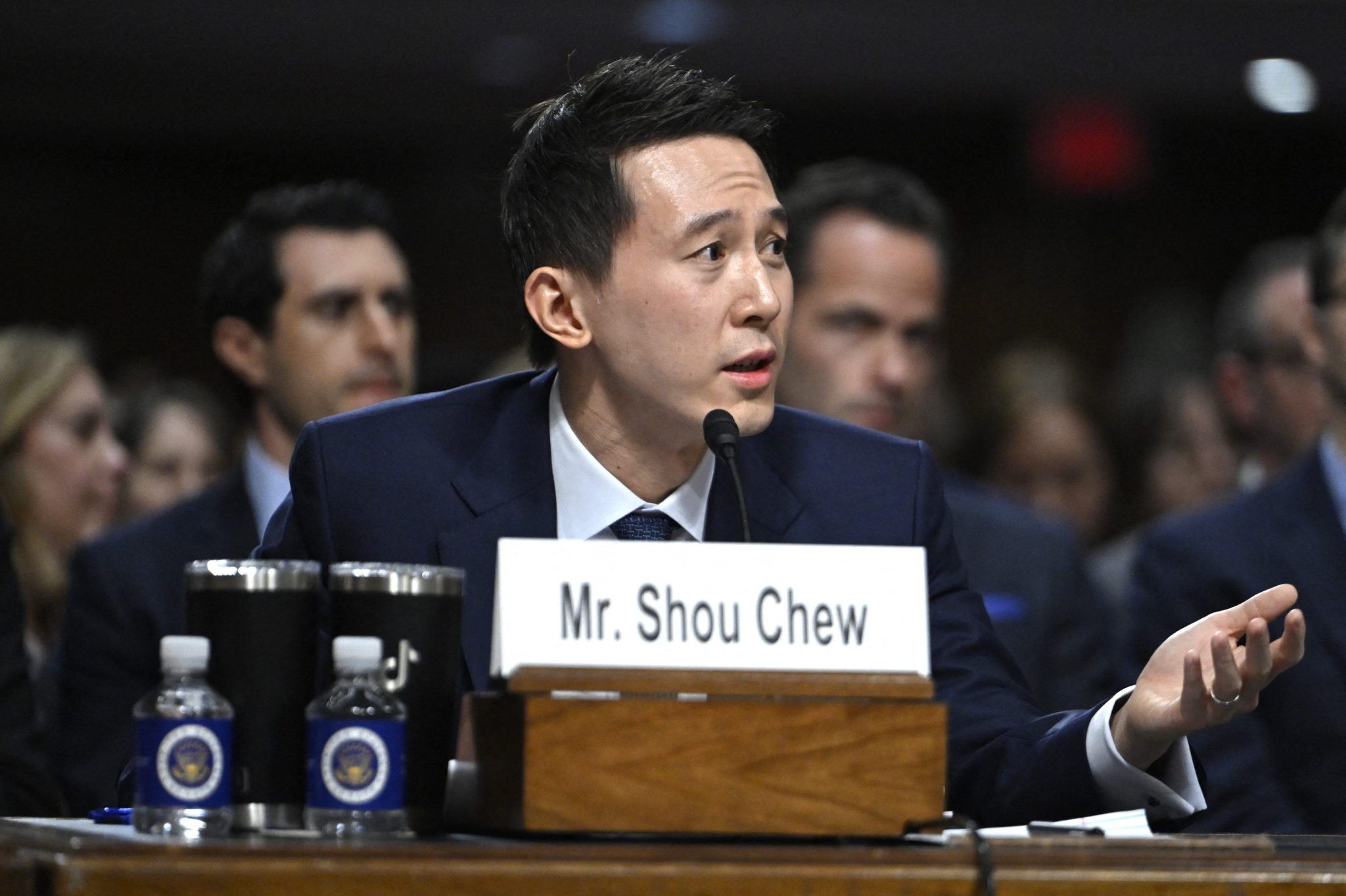With just a few months to go before a key deadline, TikTok risks being banned in the U.S. because of its resistance to selling itself, according to a member of the U.S.-China Commission.
At a court hearing on Monday, TikTok challenged a law that requires the U.S. unit to be sold to a non-Chinese owner by Jan. 19, or else it will be banned. The government has warned of national security risks and Beijing’s potential to influence content on the social media platform.
TikTok’s lawyers told a panel of judges on the U.S. Court of Appeals in Washington, D.C. that a sale would be impossible and that the law violates the right to free speech. The judges, however, seemed skeptical about whether the platform is entitled to display and moderate content with the same freedom as a U.S. company while its parent company is based in China.
The impasse could mean that TikTok’s 170 million U.S. users will be shut out, though a ban would likely be held up amid subsequent legal challenges.
“TikTok is barreling toward an outright federal ban as a direct result of its failure to pursue an orderly divestiture,” Jacob Helberg, a commissioner on the U.S.-China Commission, wrote on X on Friday.
He later posted, “All they have to do is divest and all of their legal problems goes [sic] away.”
When asked for a comment, a TikTok spokesperson pointed to its court filing, which argues that the law doesn’t actually offer a choice of divestment or a ban.
“The ‘qualified divestiture’ demanded by the Act to allow TikTok to continue operating in the United States is simply not possible: not commercially, not technologically, not legally,” it said. “And certainly not on the 270-day timeline required by the Act.”
For now, TikTok appears to be digging in for more legal wrangling. According to the New York Post on Friday, the company has brought onto its government relations department a legal expert from NetChoice, a right-leaning tech lobbying group.
TikTok has maintained it cut most ties to its parent company, but some former employees told Fortune earlier this year that they did in fact work closely with ByteDance.
Meanwhile, Beijing is increasingly using so-called golden shares in Chinese tech companies to expand its oversight over the country’s large tech firms.
In 2021, the Chinese government took a small stake in ByteDance’s China-based subsidiary, which also gave it the right to appoint one of its board…
Click Here to Read the Full Original Article at Fortune | FORTUNE…


